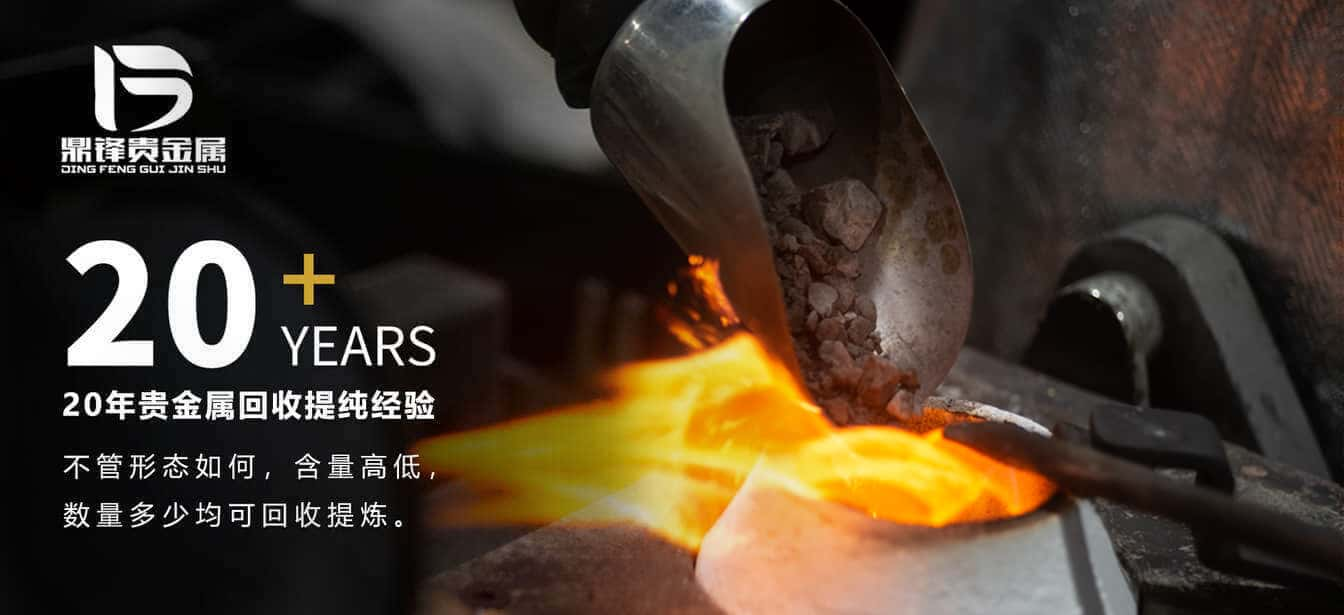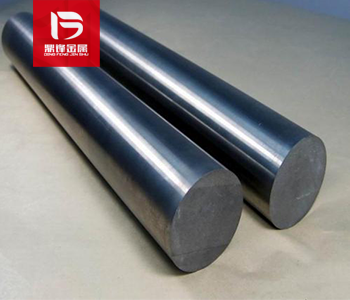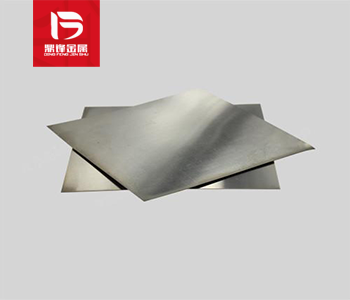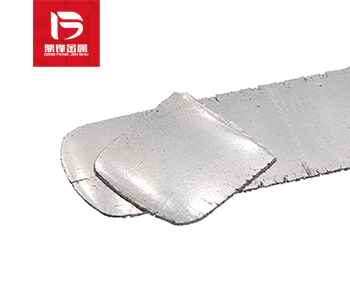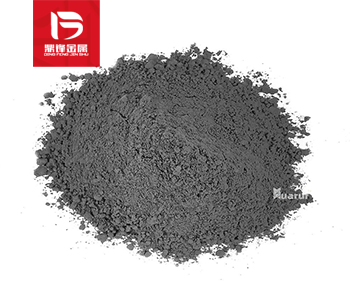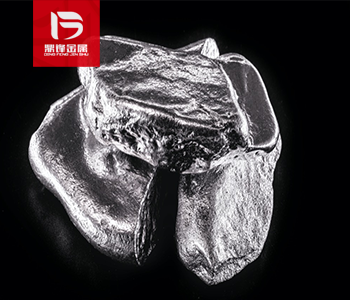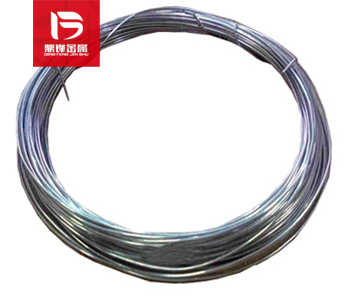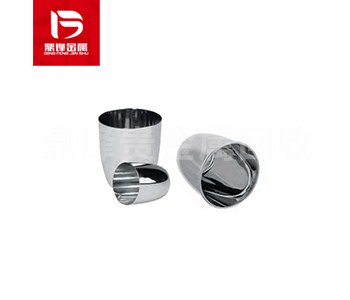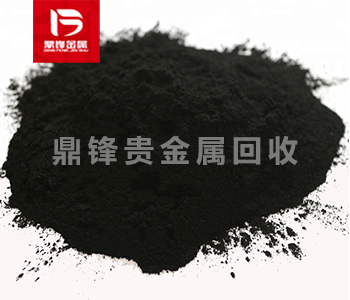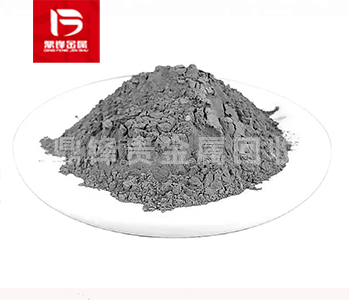How to recycle rhodium carbon? Specific steps for rhodium carbon waste recycling
Rhodium carbon is an important rare metal catalyst widely used in processes such as hydrogenation and oxidation in the chemical industry. Due to the high price and scarce resources of rhodium carbon,
Rhodium carbon is an important rare metal catalyst widely used in processes such as hydrogenation and oxidation in the chemical industry. Due to the high price and scarce resources of rhodium carbon, its recycling and reuse are particularly important. This article will introduce the recovery process of rhodium carbon, which is divided into the following steps:
Step 1: Rhodium carbon waste collection
The waste rhodium carbon mainly comes from chemical industry waste and wastewater treatment processes. Firstly, it is necessary to collect industrial equipment that generates waste rhodium carbon, and pay attention to the recovery and collection of fragments and residues of rhodium carbon catalysts during the production process. Meanwhile, the wastewater treatment process contains dissolved rhodium carbon, which is separated and collected through appropriate chemical methods.
Step 2: Pre treatment of rhodium carbon
The recovered waste rhodium carbon may have other impurities attached, such as organic matter, salts, and miscellaneous metals, which can affect the reuse effect of rhodium carbon. Therefore, pre-treatment of rhodium carbon is necessary before recycling. Pre treatment includes the following steps: 1. Acid washing: Soak the waste rhodium carbon in an appropriate acidic solution to remove oxides and organic pollutants on the surface of the rhodium carbon. 2. Water washing: Remove residual acidic substances from acid washing through repeated water washing steps. 3. Drying: Dry the rhodium carbon using appropriate methods to remove residual moisture and avoid side reactions in subsequent processing steps.
Step 3: Dissolution of rhodium carbon
The pre treated waste catalyst is dissolved in an acidic solution to separate rhodium carbon from the waste catalyst. Commonly used solvents include concentrated nitric acid, concentrated hydrochloric acid, or other acidic solutions. During the dissolution process, rhodium carbon reacts with acids in the solvent to form corresponding salts.
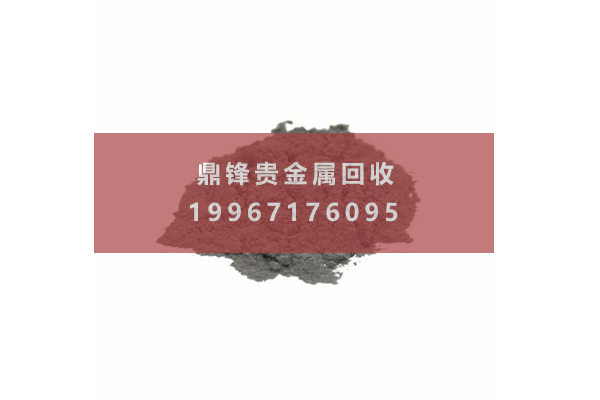
Step 4: Separation of Rhodium
Filter or centrifuge the dissolved solution to separate solid precipitates from the solution. Salt and other impurities containing rhodium carbon in solid precipitation. The purity of solid precipitates can be improved through multiple washing and filtration.
Step 5: Extraction of Rhodium
Extracting rhodium from solid precipitation is a Committed step in the recovery process. Extraction methods typically involve solvent extraction, ion exchange, or electrochemical methods. In solvent extraction, appropriate organic solvents are used to separate rhodium from solid precipitates. Ion exchange is a commonly used method in which rhodium in solid precipitation is adsorbed on a resin with specific adsorption properties. Electrochemical methods use current to reduce rhodium ions into metallic rhodium.
Step 6: Refining and Recycling
The extracted rhodium needs to undergo refining steps to improve its purity. This may include processes such as dissolution, crystallization, redissolution, and distillation. After obtaining high-purity rhodium, it can be used to prepare new catalysts or sold to related industries.
The recovery process of rhodium carbon can achieve efficient recovery and utilization of rhodium carbon, improve resource utilization efficiency, and reduce environmental pollution through reasonable operations and appropriate treatment methods. This is of great significance for environmental protection and sustainable development.
&Quot; Dingfeng Precious Metals Recycling includes precious metals such as gold, silver, palladium, rhodium, platinum, germanium, iridium, ruthenium, etc. This is our business in precious metal recycling. If you have precious metals such as gold, silver, palladium, rhodium, platinum, germanium, iridium, ruthenium that need to be recycled, please contact us and we will provide you with a satisfactory price& Quot;
